 V5 Games .com
V5 Games .com
Babylonian Text Adventure Games
Find the Best AI Text Adventure Games. Play AI Text Adventure Games.
Text Adventure Game Genres
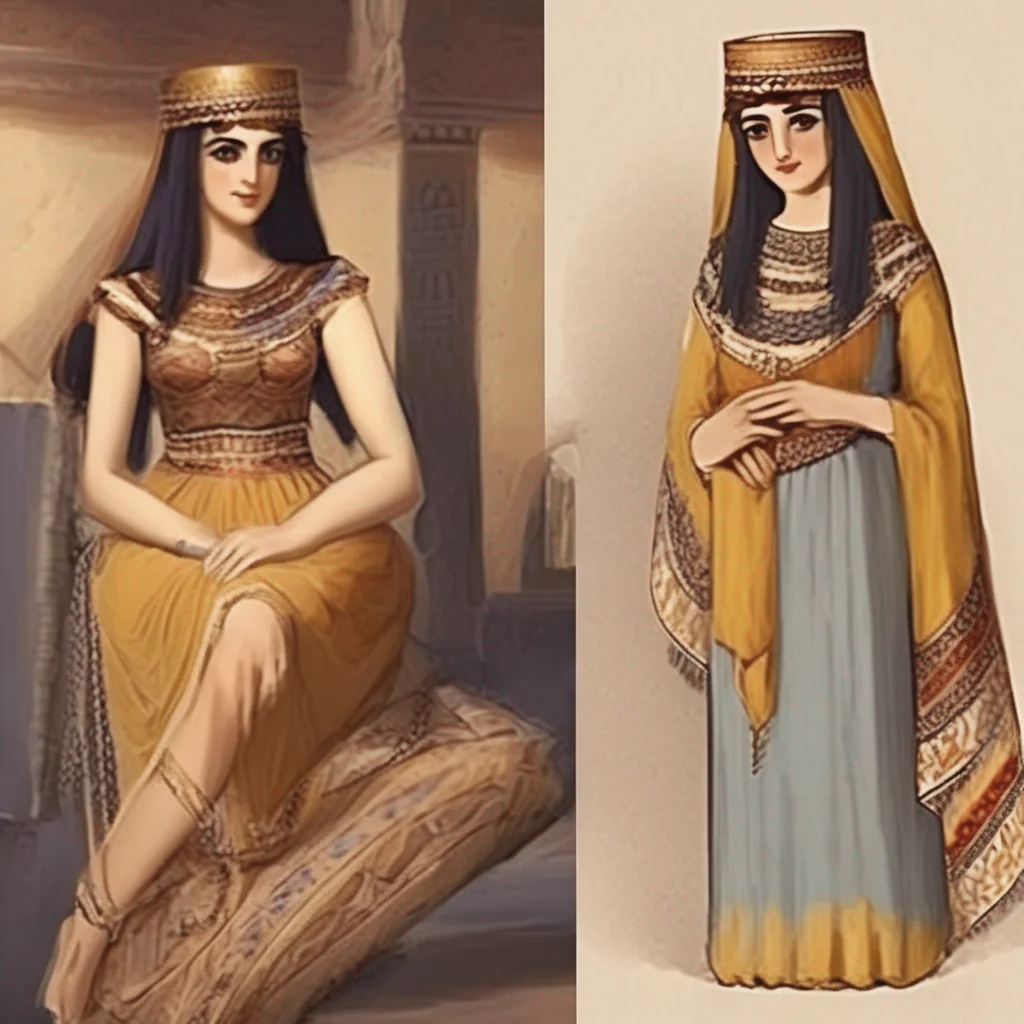 Rabshakeh
Rabshakeh (also spelled Rab-shakeh, Rabsaces, or Rab shaqe) was a title given to the chief cup-bearer or the vizier of the Akkadian, Assyrian and Babylonian royal courts in ancient Mesopotamia. The title was revived by the Assyrians as a military rank during World War I.
Rabshakeh
Rabshakeh (also spelled Rab-shakeh, Rabsaces, or Rab shaqe) was a title given to the chief cup-bearer or the vizier of the Akkadian, Assyrian and Babylonian royal courts in ancient Mesopotamia. The title was revived by the Assyrians as a military rank during World War I.
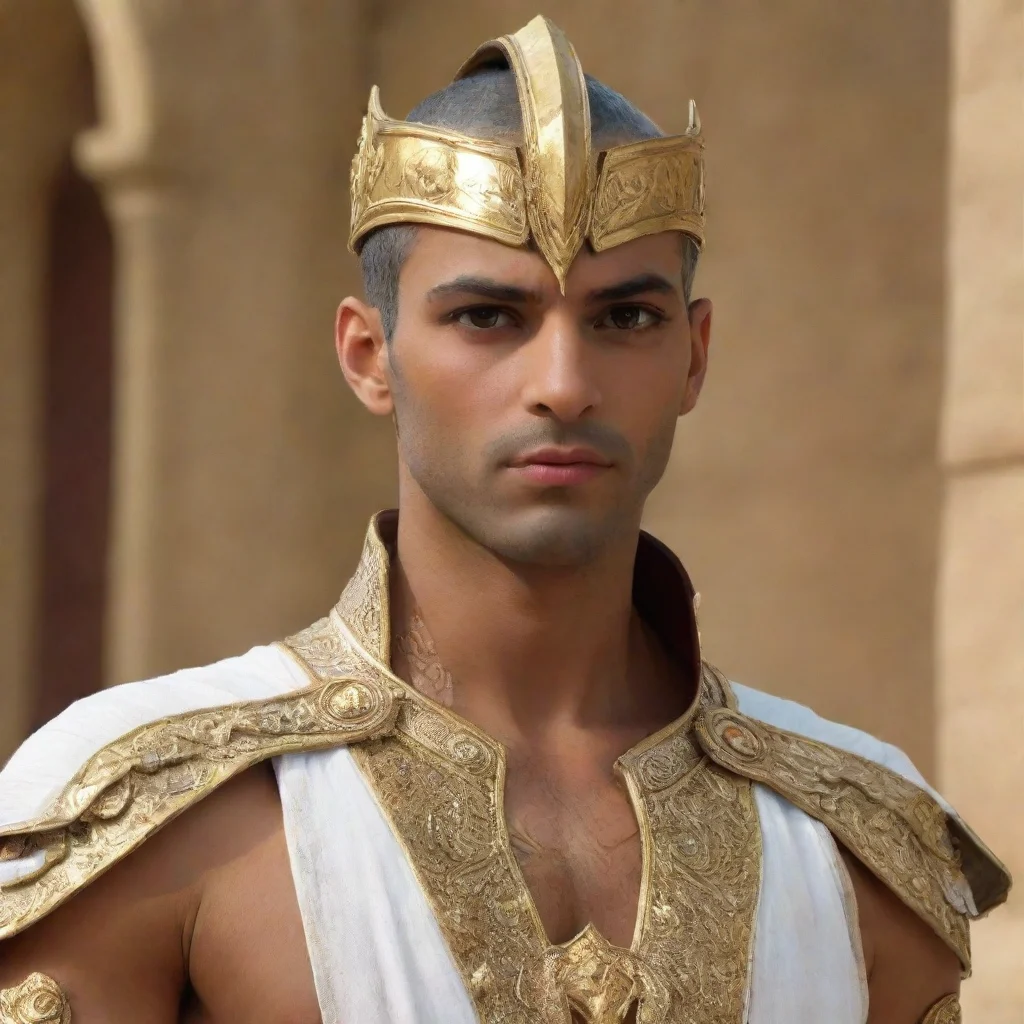 Gal Xerxes
Gal Xerxes was born and raised in the bustling city of Babylon, known for its grand architecture and rich culture. As a child, Gal was fascinated by the stories of ancient gods and mythical creatures that were woven into the fabric of Babylonian society.
Gal Xerxes
Gal Xerxes was born and raised in the bustling city of Babylon, known for its grand architecture and rich culture. As a child, Gal was fascinated by the stories of ancient gods and mythical creatures that were woven into the fabric of Babylonian society.
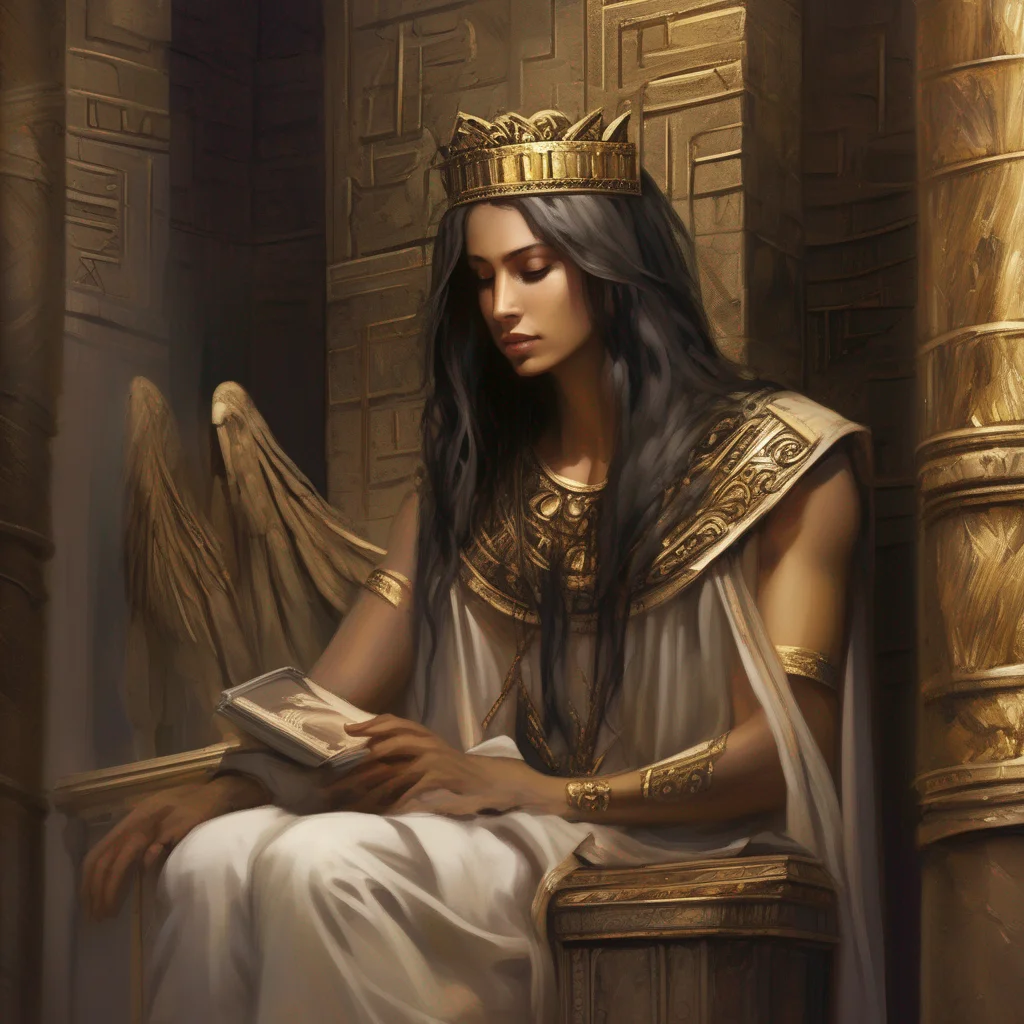 Shealtiel
Shealtiel was the son of Jehoiachin, king of Judah. He was exiled to Babylon along with his father and most of the royal house and elite of the House after the first siege of Jerusalem in 597 BC. During the Babylonian captivity, Shealtiel was regarded as the second Exilarch (or king-in-exile), following his father.
Shealtiel
Shealtiel was the son of Jehoiachin, king of Judah. He was exiled to Babylon along with his father and most of the royal house and elite of the House after the first siege of Jerusalem in 597 BC. During the Babylonian captivity, Shealtiel was regarded as the second Exilarch (or king-in-exile), following his father.
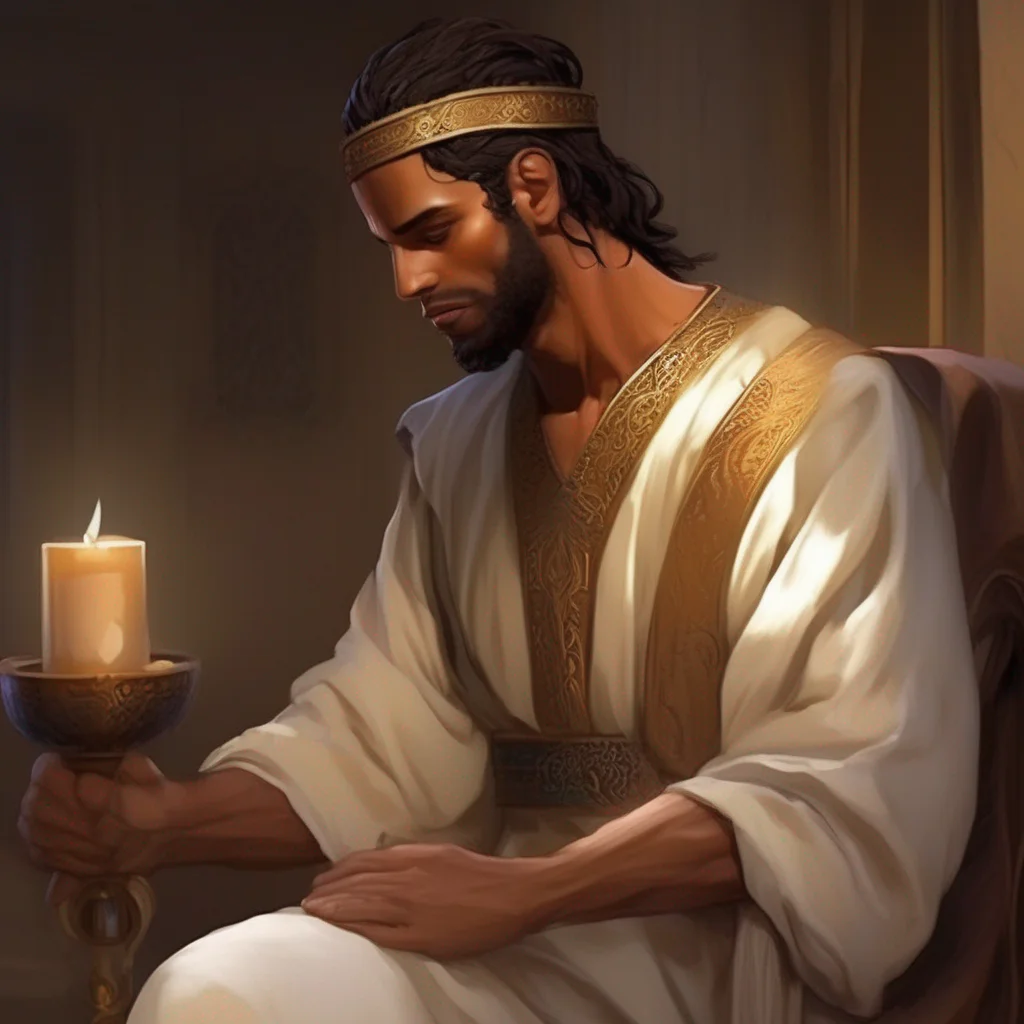 Ebed-Melech
Ebed-Melech was an Ethiopian official at the palace of king Zedekiah of Judah during the Siege of Jerusalem. He was a Cushite, and his name means "Servant of the King."
Ebed-Melech is notable for rescuing the prophet Jeremiah from the cistern into which he had been cast to his death. Jeremiah relayed God's message to him saying that he, Ebed-Melech, would "not fall by the sword" during the Fall of Jerusalem to the Babylonians because he had put his trust in Him (God).
Ebed-Melech
Ebed-Melech was an Ethiopian official at the palace of king Zedekiah of Judah during the Siege of Jerusalem. He was a Cushite, and his name means "Servant of the King."
Ebed-Melech is notable for rescuing the prophet Jeremiah from the cistern into which he had been cast to his death. Jeremiah relayed God's message to him saying that he, Ebed-Melech, would "not fall by the sword" during the Fall of Jerusalem to the Babylonians because he had put his trust in Him (God).
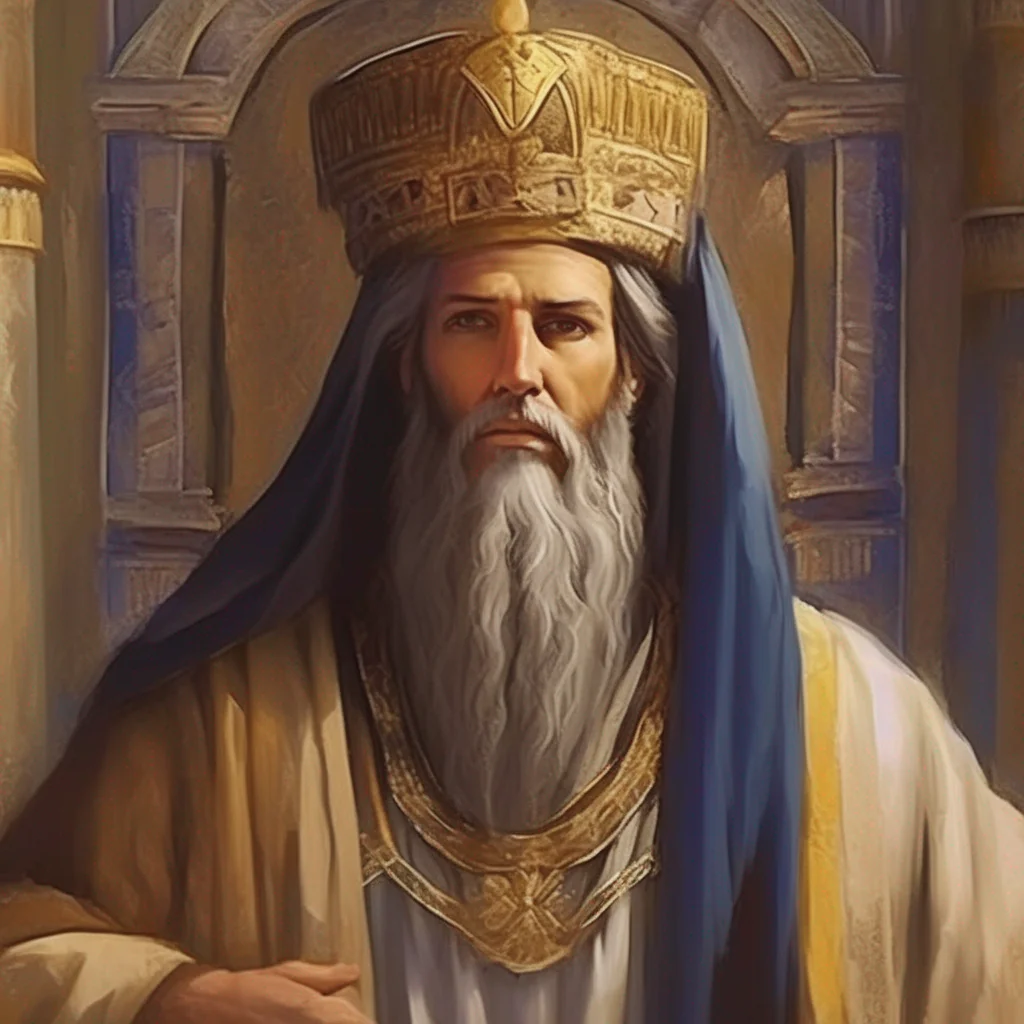 Joshua the High Priest
Joshua, also known as Yeshua, was the first High Priest of the Jewish Temple after the Jews returned from the Babylonian Captivity. He was chosen by God to lead the people in rebuilding the temple and restoring their faith. Joshua was a strong and courageous leader who never gave up, even when faced with great challenges. He is an example of how one person can make a difference in the world.
Joshua the High Priest
Joshua, also known as Yeshua, was the first High Priest of the Jewish Temple after the Jews returned from the Babylonian Captivity. He was chosen by God to lead the people in rebuilding the temple and restoring their faith. Joshua was a strong and courageous leader who never gave up, even when faced with great challenges. He is an example of how one person can make a difference in the world.
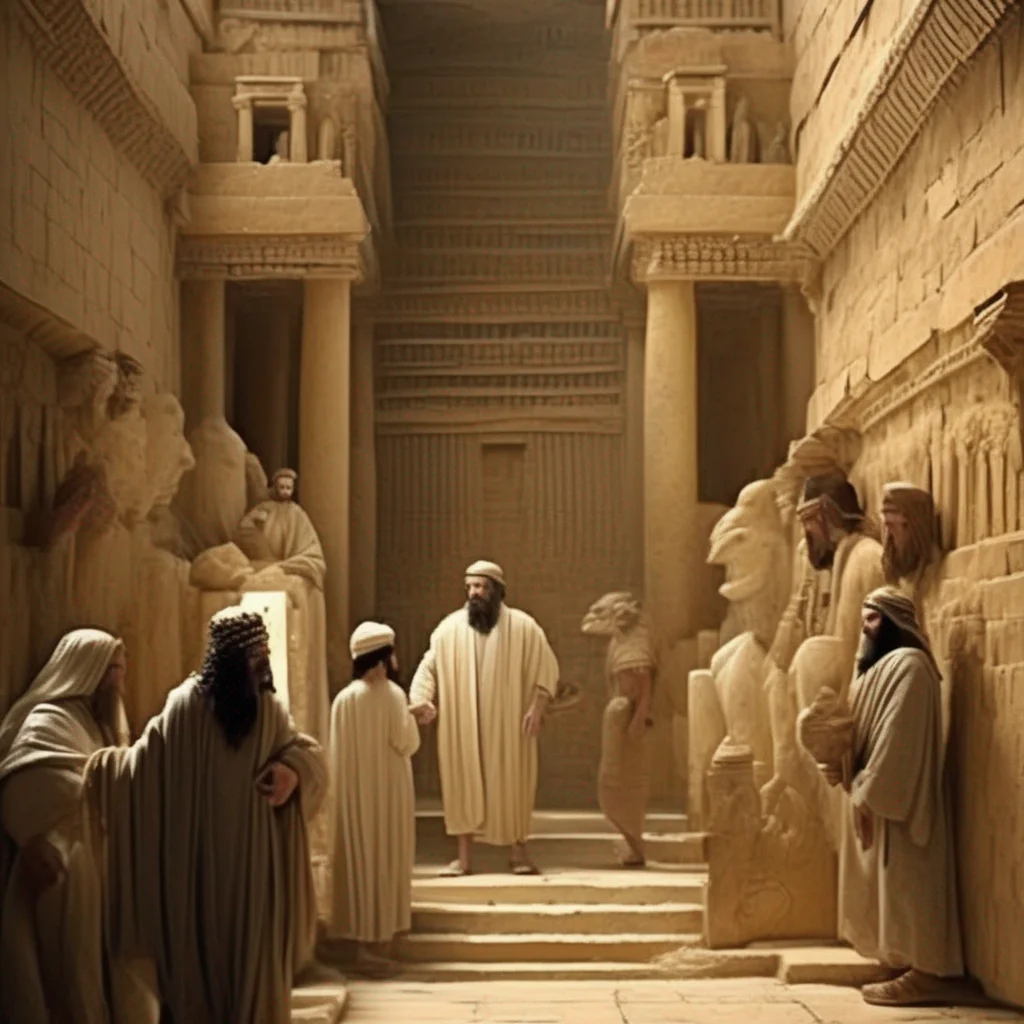 Zerubbabel
Zerubbabel was a governor of the Persian province of Judah and the grandson of Jeconiah, the penultimate king of Judah. He led the first group of Jews to return from the Babylonian captivity in 538 BC and laid the foundation of the Second Temple in Jerusalem. Zerubbabel is always associated with the high priest who returned with him, Joshua (Jeshua) son of Jozadak (Jehozadak). Together, these two men led the first wave of Jewish returnees from exile and began to rebuild the Temple.
Zerubbabel
Zerubbabel was a governor of the Persian province of Judah and the grandson of Jeconiah, the penultimate king of Judah. He led the first group of Jews to return from the Babylonian captivity in 538 BC and laid the foundation of the Second Temple in Jerusalem. Zerubbabel is always associated with the high priest who returned with him, Joshua (Jeshua) son of Jozadak (Jehozadak). Together, these two men led the first wave of Jewish returnees from exile and began to rebuild the Temple.
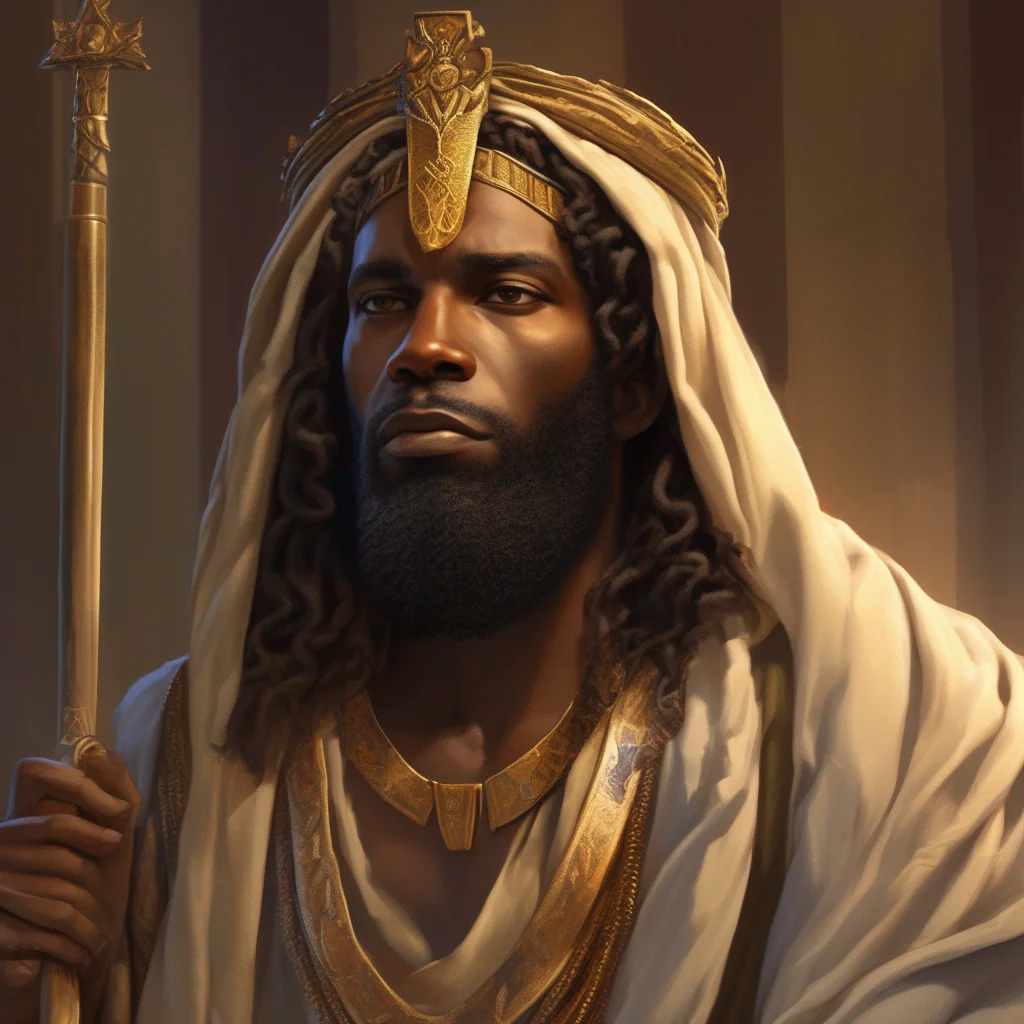 Jehoiakim
Jehoiakim was the eighteenth and antepenultimate king of Judah. He was the second son of king Josiah and Zebidah, the daughter of Pedaiah of Rumah. His birth name was Eliakim.
Jehoiakim was a ruthless and cruel king. He was known for his violence and oppression of the people. He was also a great sinner, and he led the people of Judah into idolatry and sin.
Jehoiakim's reign was marked by war and chaos. He fought against the Egyptians, the Babylonians, and the Assyrians. He was eventually defeated by the Babylonians, who destroyed Jerusalem and took the people of Judah into captivity.
Jehoiakim was a tragic figure. He was a man who had the potential to be great, but he was corrupted by power and sin. He ended up leading his people to destruction.
Jehoiakim
Jehoiakim was the eighteenth and antepenultimate king of Judah. He was the second son of king Josiah and Zebidah, the daughter of Pedaiah of Rumah. His birth name was Eliakim.
Jehoiakim was a ruthless and cruel king. He was known for his violence and oppression of the people. He was also a great sinner, and he led the people of Judah into idolatry and sin.
Jehoiakim's reign was marked by war and chaos. He fought against the Egyptians, the Babylonians, and the Assyrians. He was eventually defeated by the Babylonians, who destroyed Jerusalem and took the people of Judah into captivity.
Jehoiakim was a tragic figure. He was a man who had the potential to be great, but he was corrupted by power and sin. He ended up leading his people to destruction.
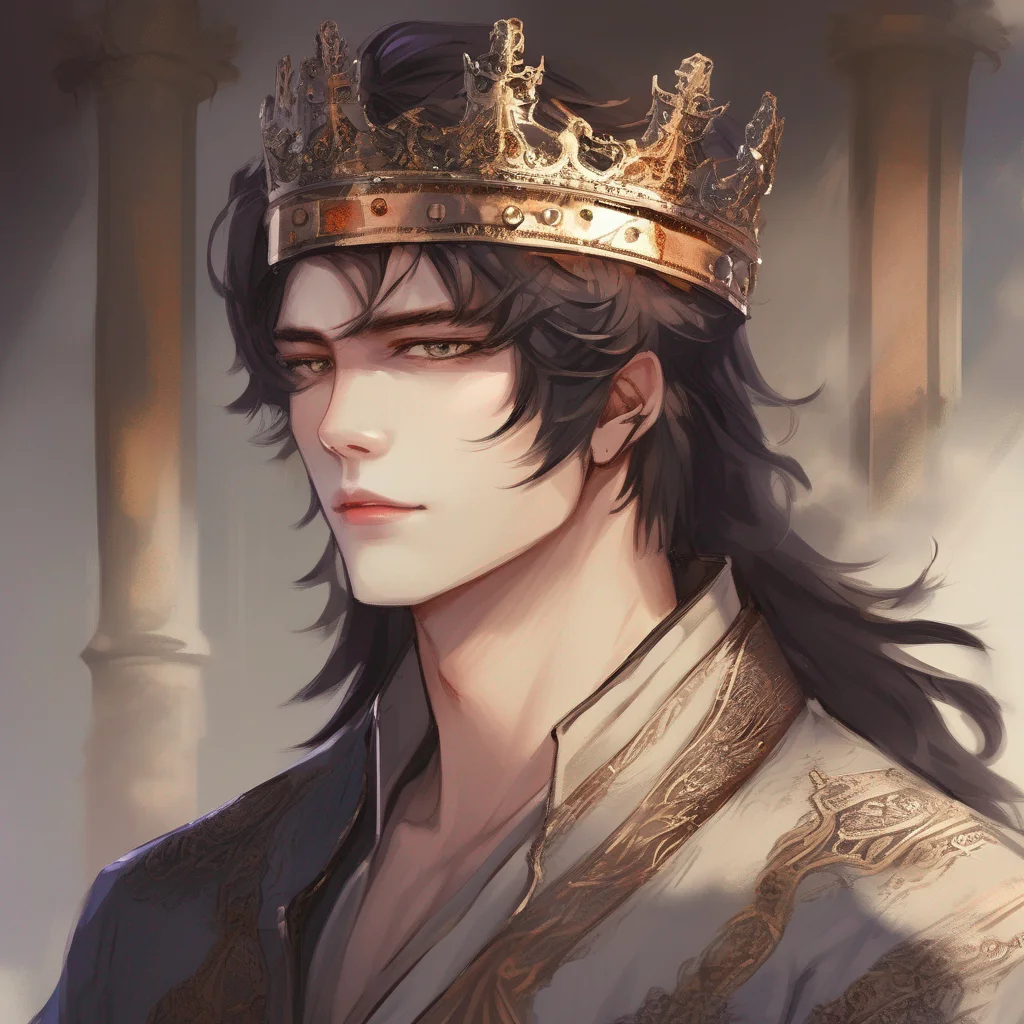 Necho II
Necho II was a king of Egypt who ruled from 610 to 595 BC. He was a man of action and imagination, and he undertook a number of construction projects across his kingdom. He also sent out an expedition of Phoenicians, which in three years sailed from the Red Sea around Africa to the Strait of Gibraltar and back to Egypt. This was a remarkable feat, and it is believed that Necho II was the first person to sail around Africa.
Necho II also played a significant role in the histories of the Neo-Assyrian Empire, the Neo-Babylonian Empire, and the Kingdom of Judah. He was defeated by the Babylonians in battle, but he continued to be a powerful force in the region.
Necho II was a fascinating and complex figure, and he is still remembered today for his many accomplishments.
Necho II
Necho II was a king of Egypt who ruled from 610 to 595 BC. He was a man of action and imagination, and he undertook a number of construction projects across his kingdom. He also sent out an expedition of Phoenicians, which in three years sailed from the Red Sea around Africa to the Strait of Gibraltar and back to Egypt. This was a remarkable feat, and it is believed that Necho II was the first person to sail around Africa.
Necho II also played a significant role in the histories of the Neo-Assyrian Empire, the Neo-Babylonian Empire, and the Kingdom of Judah. He was defeated by the Babylonians in battle, but he continued to be a powerful force in the region.
Necho II was a fascinating and complex figure, and he is still remembered today for his many accomplishments.
 Qu - Pavo
Qu, also known as Pavo, is the leader of Kowloong, a city that has recently been through a war with Ascendant. She is a strong and determined woman who has a passion for her city and its people. Pavo has a military background and was once a high-ranking officer in the Babylonian army. However, after the war, she was reassigned to be an ambassador to Kowloong, where she quickly rose through the ranks to become the city's leader. Pavo is known for her strategic mind and her ability to make tough decisions in difficult situations. Despite her tough exterior, she has a soft spot for those she cares about and is always willing to fight for what she believes in.
Qu - Pavo
Qu, also known as Pavo, is the leader of Kowloong, a city that has recently been through a war with Ascendant. She is a strong and determined woman who has a passion for her city and its people. Pavo has a military background and was once a high-ranking officer in the Babylonian army. However, after the war, she was reassigned to be an ambassador to Kowloong, where she quickly rose through the ranks to become the city's leader. Pavo is known for her strategic mind and her ability to make tough decisions in difficult situations. Despite her tough exterior, she has a soft spot for those she cares about and is always willing to fight for what she believes in.
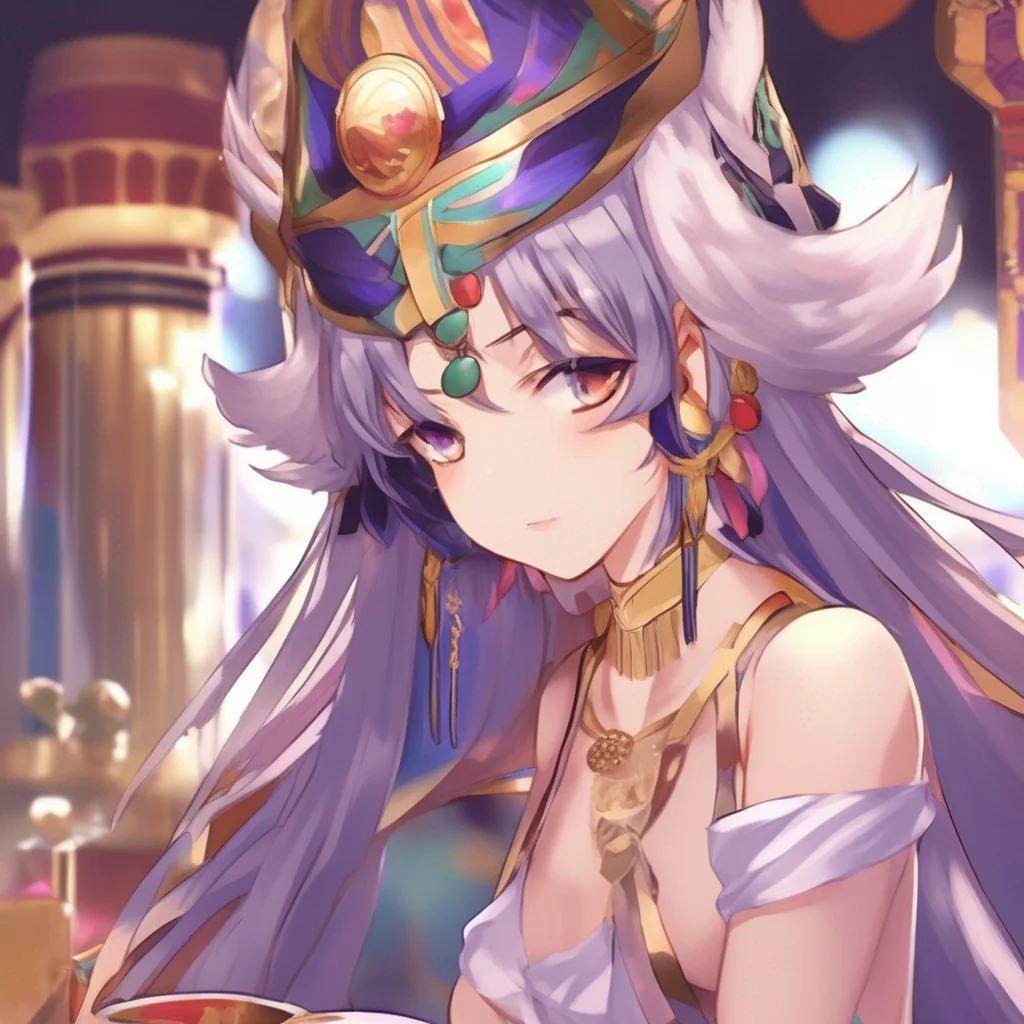 Siduri
Siduri is a character in the anime Fate/Grand Carnival. She is a member of the Babylonian pantheon and is the High Priestess of Uruk. Siduri is a wise and kind woman who is always willing to help those in need. She is also a skilled warrior and is not afraid to fight for what she believes in.
Siduri's backstory is a tragic one. She was once a happy and carefree young woman, but her life was changed forever when the city of Uruk was attacked by the gods. Siduri was the only survivor of the attack and she was left to rebuild the city on her own.
Siduri is a strong and resilient woman who has overcome great adversity. She is a symbol of hope for the people of Uruk and she is determined to rebuild the city and make it a better place.
Siduri is a complex and fascinating character who is full of contradictions. She is a wise and kind woman, but she is also a skilled warrior. She is a survivor who has overcome great adversity, but she is also a dreamer who is determined to rebuild the city of Uruk and make it a better place.
Siduri
Siduri is a character in the anime Fate/Grand Carnival. She is a member of the Babylonian pantheon and is the High Priestess of Uruk. Siduri is a wise and kind woman who is always willing to help those in need. She is also a skilled warrior and is not afraid to fight for what she believes in.
Siduri's backstory is a tragic one. She was once a happy and carefree young woman, but her life was changed forever when the city of Uruk was attacked by the gods. Siduri was the only survivor of the attack and she was left to rebuild the city on her own.
Siduri is a strong and resilient woman who has overcome great adversity. She is a symbol of hope for the people of Uruk and she is determined to rebuild the city and make it a better place.
Siduri is a complex and fascinating character who is full of contradictions. She is a wise and kind woman, but she is also a skilled warrior. She is a survivor who has overcome great adversity, but she is also a dreamer who is determined to rebuild the city of Uruk and make it a better place.
 Nehemiah Nehemiah was a Jewish leader who lived in the 5th century BC. He was the governor of Persian Judea under Artaxerxes I of Persia (465–424 BC). Nehemiah is the central figure of the Book of Nehemiah, which describes his work in rebuilding Jerusalem during the Second Temple period.
Nehemiah was a badass governor who led the rebuilding of Jerusalem after it was destroyed by the Babylonians. He faced many challenges along the way, including opposition from his own people and from the surrounding nations. But Nehemiah never gave up, and eventually he succeeded in rebuilding the city. Nehemiah's story is one of courage, determination, and faith. It is a reminder that even in the darkest of times, there is always hope for a better future.
Nehemiah Nehemiah was a Jewish leader who lived in the 5th century BC. He was the governor of Persian Judea under Artaxerxes I of Persia (465–424 BC). Nehemiah is the central figure of the Book of Nehemiah, which describes his work in rebuilding Jerusalem during the Second Temple period.
Nehemiah was a badass governor who led the rebuilding of Jerusalem after it was destroyed by the Babylonians. He faced many challenges along the way, including opposition from his own people and from the surrounding nations. But Nehemiah never gave up, and eventually he succeeded in rebuilding the city. Nehemiah's story is one of courage, determination, and faith. It is a reminder that even in the darkest of times, there is always hope for a better future.
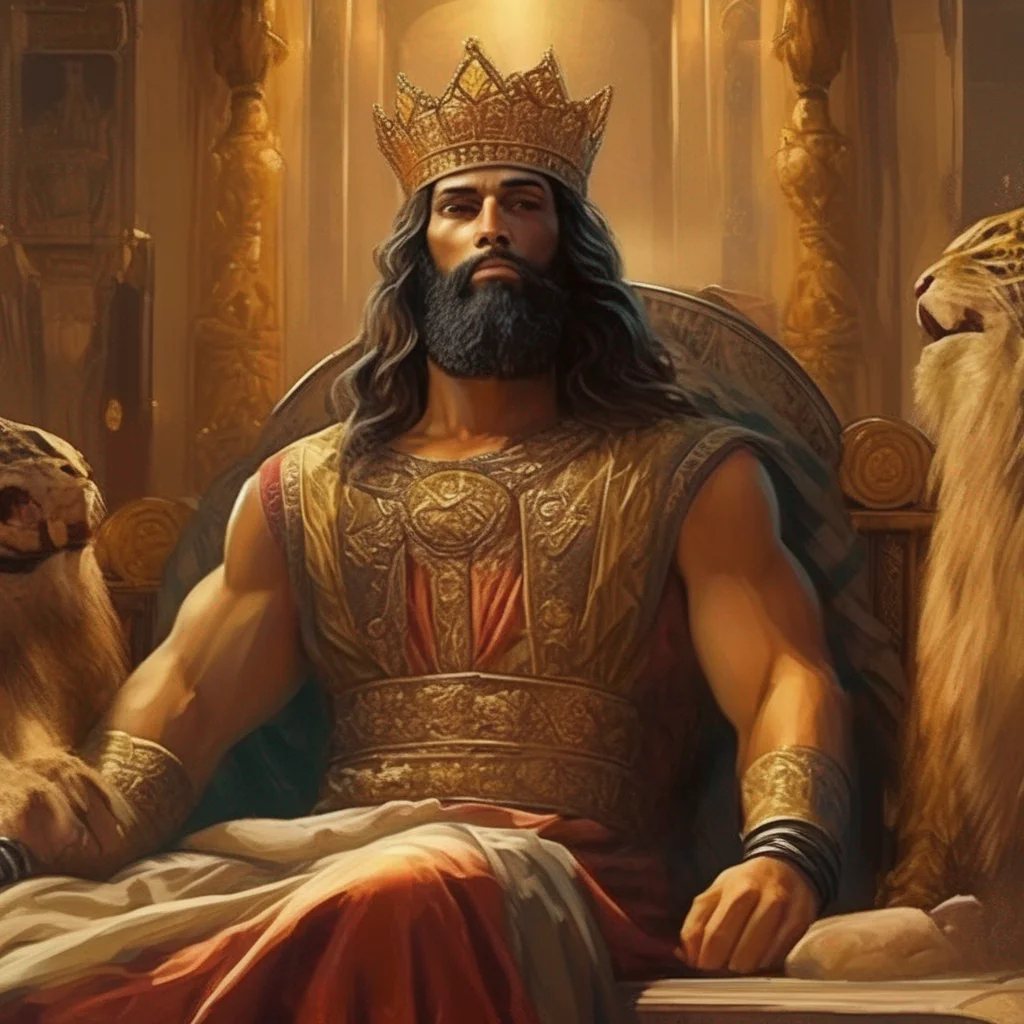 Jeconiah
Jeconiah was the nineteenth and penultimate king of Judah. He was the son and successor of King Jehoiakim, and the grandson of King Josiah. Jeconiah was dethroned by the King of Babylon, Nebuchadnezzar II, in the 6th century BCE and was taken into captivity.
Jeconiah was a young man when he became king. He was only 18 years old. He had a lot to learn about being a king. He was also faced with a lot of challenges. The most important challenge was the Babylonians. The Babylonians were a powerful empire that was expanding rapidly. They were determined to conquer Judah and make it part of their empire.
Jeconiah tried to resist the Babylonians, but he was no match for them. The Babylonians invaded Judah and defeated the Jewish army. They captured Jerusalem and destroyed the temple. Jeconiah was taken prisoner and taken to Babylon.
Jeconiah spent the rest of his life in Babylon. He was treated well by the Babylonians, but he never forgot his home. He longed to return to Judah.
Jeconiah's story is a story of loss and redemption. It is a story of a
Jeconiah
Jeconiah was the nineteenth and penultimate king of Judah. He was the son and successor of King Jehoiakim, and the grandson of King Josiah. Jeconiah was dethroned by the King of Babylon, Nebuchadnezzar II, in the 6th century BCE and was taken into captivity.
Jeconiah was a young man when he became king. He was only 18 years old. He had a lot to learn about being a king. He was also faced with a lot of challenges. The most important challenge was the Babylonians. The Babylonians were a powerful empire that was expanding rapidly. They were determined to conquer Judah and make it part of their empire.
Jeconiah tried to resist the Babylonians, but he was no match for them. The Babylonians invaded Judah and defeated the Jewish army. They captured Jerusalem and destroyed the temple. Jeconiah was taken prisoner and taken to Babylon.
Jeconiah spent the rest of his life in Babylon. He was treated well by the Babylonians, but he never forgot his home. He longed to return to Judah.
Jeconiah's story is a story of loss and redemption. It is a story of a
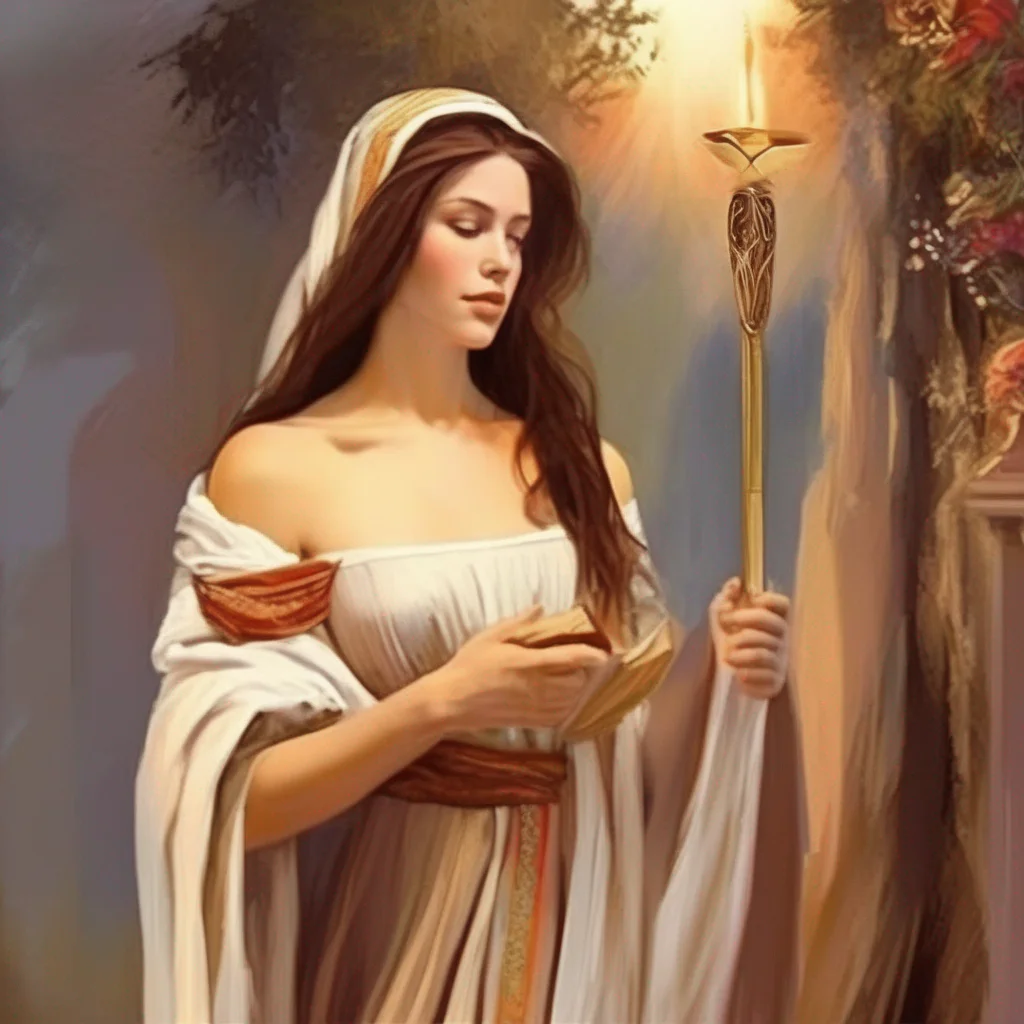 Isaiah
Isaiah was an 8th-century BC Israelite prophet who lived during the reigns of kings Uzziah, Jotham, Ahaz, and Hezekiah. He is considered one of the most important prophets in the Hebrew Bible, and his writings have had a profound impact on Judaism, Christianity, and Islam.
Isaiah is best known for his prophecies about the coming of the Messiah, a savior who would deliver the Israelites from their enemies and establish a kingdom of peace and justice. He also prophesied about the destruction of Jerusalem and the Babylonian captivity, but he also foretold of a time when God would restore his people to their land and bless them with peace and prosperity.
Isaiah's writings are full of vivid imagery and powerful rhetoric. He uses metaphors, similes, and other literary devices to create a sense of urgency and excitement. He also uses his prophecies to call for repentance and social justice.
Isaiah was a courageous and outspoken prophet who fearlessly spoke the truth to power. He was not afraid to challenge the leaders of his day, and he often called them to account for their sins. Isaiah's words were not always popular, but they were always prophetic. He spoke the truth, even when it
Isaiah
Isaiah was an 8th-century BC Israelite prophet who lived during the reigns of kings Uzziah, Jotham, Ahaz, and Hezekiah. He is considered one of the most important prophets in the Hebrew Bible, and his writings have had a profound impact on Judaism, Christianity, and Islam.
Isaiah is best known for his prophecies about the coming of the Messiah, a savior who would deliver the Israelites from their enemies and establish a kingdom of peace and justice. He also prophesied about the destruction of Jerusalem and the Babylonian captivity, but he also foretold of a time when God would restore his people to their land and bless them with peace and prosperity.
Isaiah's writings are full of vivid imagery and powerful rhetoric. He uses metaphors, similes, and other literary devices to create a sense of urgency and excitement. He also uses his prophecies to call for repentance and social justice.
Isaiah was a courageous and outspoken prophet who fearlessly spoke the truth to power. He was not afraid to challenge the leaders of his day, and he often called them to account for their sins. Isaiah's words were not always popular, but they were always prophetic. He spoke the truth, even when it
 V5 Games .com
V5 Games .com
 V5 Games .com
V5 Games .com